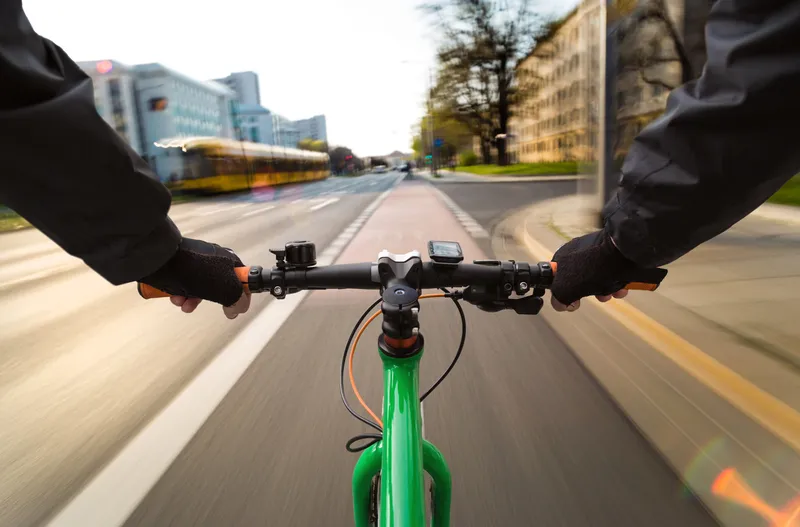
Iomob has launched WheelCoin for Business, a solution designed to enable accurate benchmarking and near real-time measurement of transport emissions - and to encourage modal shift.
The company says the WheelCoin app "automatically detects sustainable modes of travel used by employees as they commute or travel for work and offers rewards for choosing sustainable modes".
It believes "simply off-setting carbon emissions from travel is a cop-out", stressing that it is more important to encourage modal shift.
It is another example of the way that the climate debate has moved into the forefront of considerations in the transportation sector.
Iomob says the app will help companies reduce indirect carbon emissions and better meet Scope 3 carbon reduction reporting goals, as required by the UN’s Paris Agreement, which aims to limit global warming to 1.5°C by 2030.
Employees are incentivised to travel more sustainably by earning WheelCoin tokens on travel choices including walking, cycling, scooters, bus, underground, tram and train.
Tokens can be redeemed for green mobility services or sustainable mobility offers inside the app - but Iomob insists no personal locational data is shared, with WheelCoin simply identifying modes used and distance travelled.
Via a dashboard or data integration, companies can view month-by-month comparisons as they encourage and gamify employees to use greener and more active mobility.
“Business travel and commuting are a major source of carbon emissions for organisations ... if they want to get serious on tackling emissions, WheelCoin provides the missing link which will for the first time, accurately record travel data and simultaneously incentivise and reward greener journeys”, said Adrian Ulisse, Iomob chief revenue officer.










